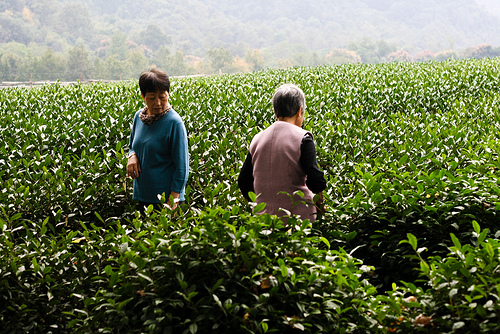
What life is like in a city which inspired a famous Chinese saying “Born/marry in Suzhou, live in Hangzhou, eat in Guangzhou and die in Liuzhou?”
Chinese believed that the most beautiful men and women were born in Suzhou, the best cuisine and food culture concentrated in Guangzhou, the best wood to make coffins which preserved your bodies long after you die grew in Liuzhou and Hangzhou, well-endowed with great natural beauty, offered great living condition.
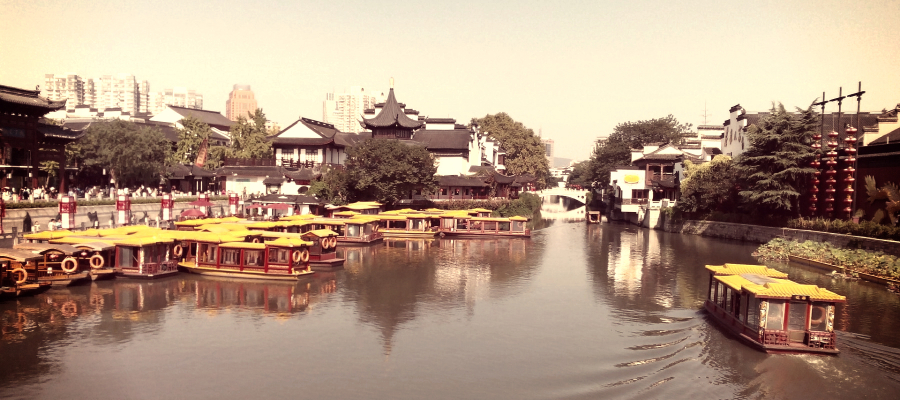
I guess I won’t eat sushi in China then because I don’t want to be smacked, slapped, kicked for being taken as a Japanese sympathizer. It was tough these days being Japanese or have anything to do with Japanese in China.
A group of Japanese expats was beaten up in Shanghai. These Japanese were having a meal with their Chinese colleagues when a mob performed a Jackie Chan style of attack on them, which put them in the hospital. In Xian, a local Chinese, real Chinese, not half Chinese, not foreign-born, got his head busted during an anti-Japan protest as he tried to keep a Chinese mob from damaging his Toyota. A few Japanese businesses had to put up signs showing their support for China.
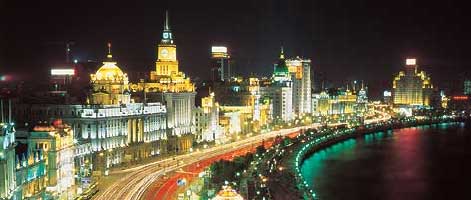
Shanghai wasn’t my cup of tea. I hated it, and it didn’t like me either. Saying the city huge is an understatement. With 23 million, Shanghai is the largest city by population in the world. Combine that with big streets, vehicles, the heat and a massive influx of Chinese tourists flocking to Shanghai during China’s National Day period which lasted one whole week, Shanghai should not top anybody’s vacation list, but somehow it did. Like the other tourists, I had to see one of two cities (Beijing was the other) China was known for, but unlike them, I wanted to know about the city long before I even heard of China. Blame inconsiderate neighbors cranking up their stereo volume or TV stations broadcasting singers dressed in Shanghai dresses crooning the love-lorn, cheesy, classic Chinese song “Blood Spilled Over Shanghai’s Harbor.”
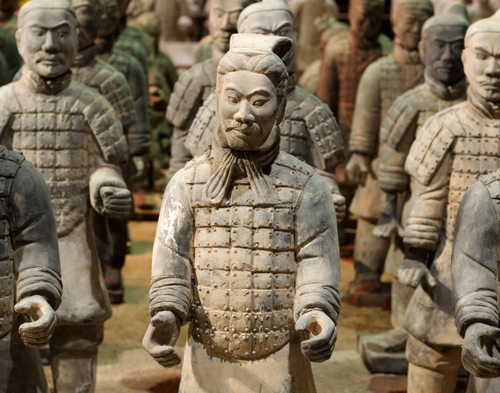
 There more people you kill, the more paranoid you get. You reap in the next life what you sew in this life. I wonder if that was one the reasons Qin Shi Huang, China’s first emperor, needed an entire army to guard him in his afterlife for fear his enemies chopped his dead body into pieces and he couldn’t ‘live’ normally being dead. Complicated I know, but you get the idea.
There more people you kill, the more paranoid you get. You reap in the next life what you sew in this life. I wonder if that was one the reasons Qin Shi Huang, China’s first emperor, needed an entire army to guard him in his afterlife for fear his enemies chopped his dead body into pieces and he couldn’t ‘live’ normally being dead. Complicated I know, but you get the idea.
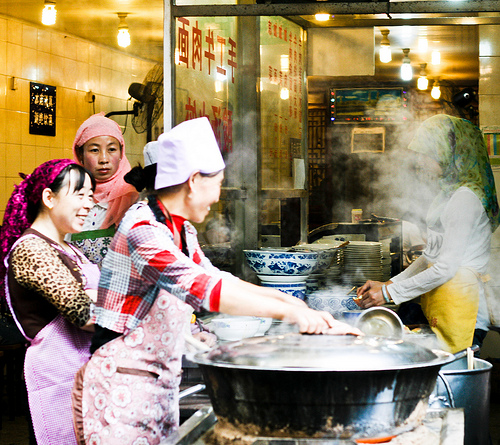
 The moment my eyes laid on a narrow street packed with food stalls and my nose sniffed all kinds of scents and aromas from the many kitchens closed to one another, I knew I had walked into my favorite spot of Xian.
The moment my eyes laid on a narrow street packed with food stalls and my nose sniffed all kinds of scents and aromas from the many kitchens closed to one another, I knew I had walked into my favorite spot of Xian.
As a former capital of old China and the starting/ending point of the Silk Road, the ancient trading route between China and the West, Xian attracted many Muslims from Central Asia and the Middle East who came here to trade and then settled down. Descendants of some families still live here together with the Hui Muslims of China. Their faith can be different, but one thing can be certain, they share the same joy of cooking and eating as the non-Muslim Han Chinese.
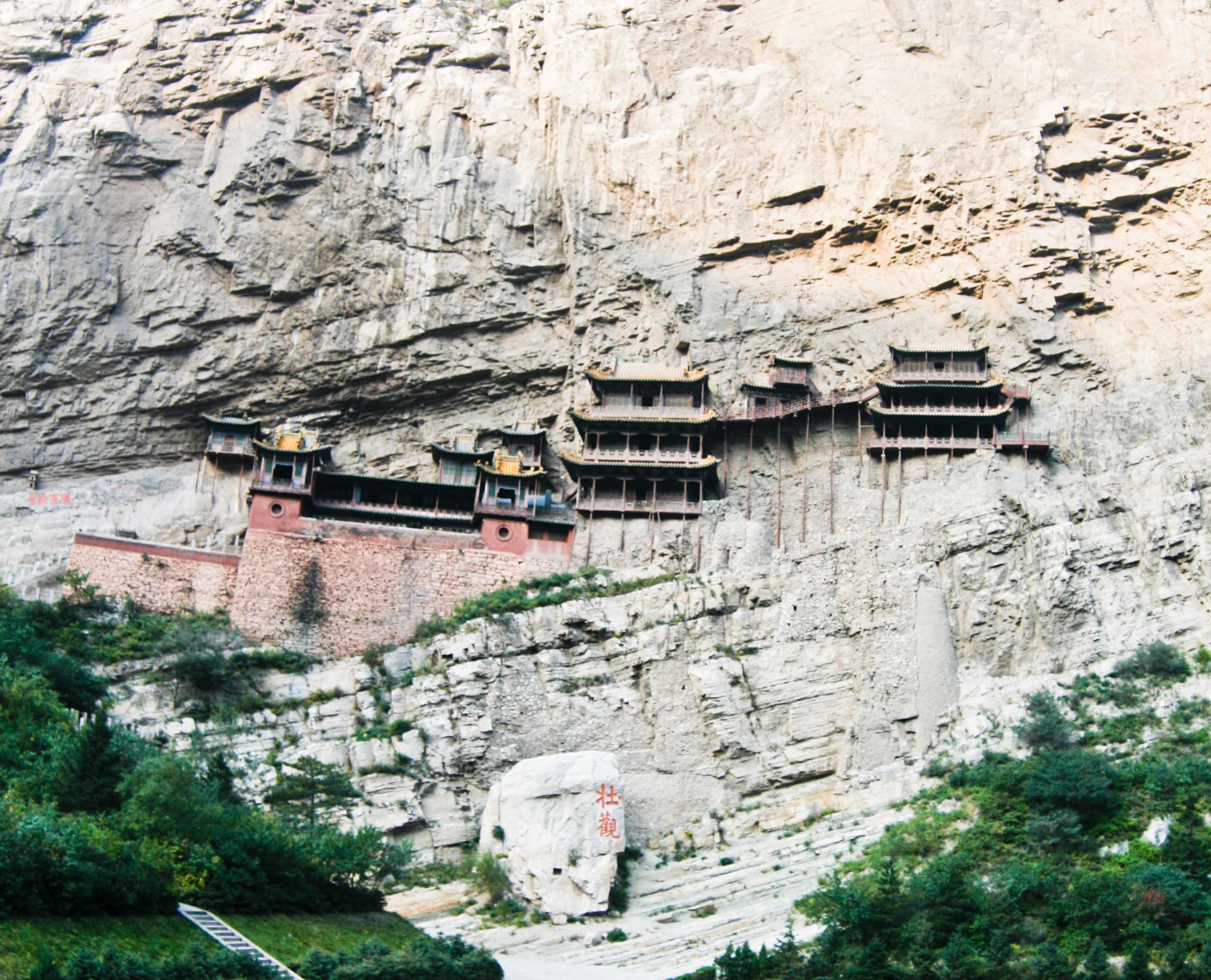
Datong wasn’t on my agenda until a traveler I met in Mongolia told me about the Buddha cave located nearby. At first, I wanted to take a train directly to Datong from Erlian/Erenhot, the Chinese border town with Mongolia but couldn’t find any train nor bus leaving on the same day, thus I went to Beijing instead. Datong itself was a small city with nothing interesting to see. The city was under construction.
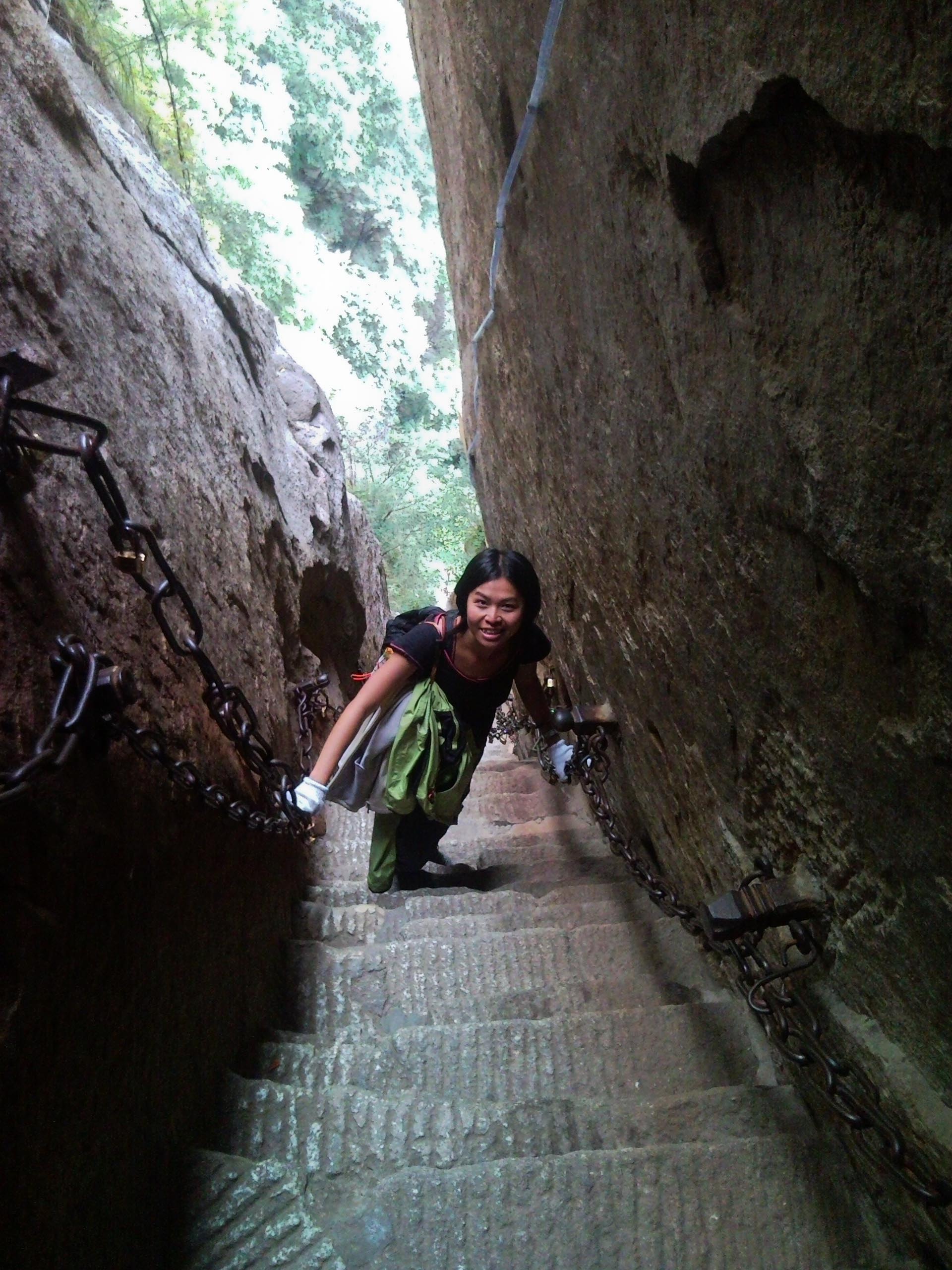
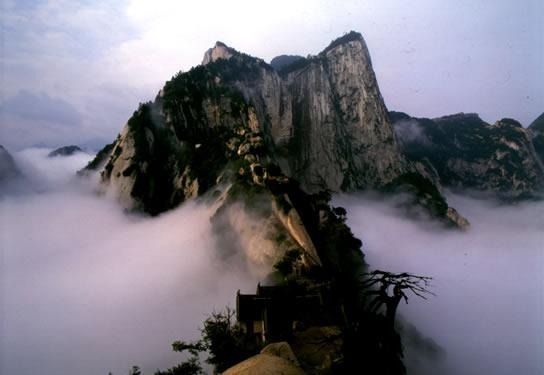
Once upon a time in China when humans could fly, walk on water and kill just by blowing out their internal energy, five great masters of the wulin (martial art’s community) from five different regions of China, hence their nicknames Eastern Heretic, Western Venom, Southern Emperor, Northern Beggar and Central Divine, descended on Mount Hua. These Five Greats came to fight for the Nine Jin Manual, a book which caused chaos in the martial art world. People killed each other to get their hands on the book which contained knowledge about powers, health, martial art techniques and philosophy and could enable one’s martial art skills and power multi-fold.
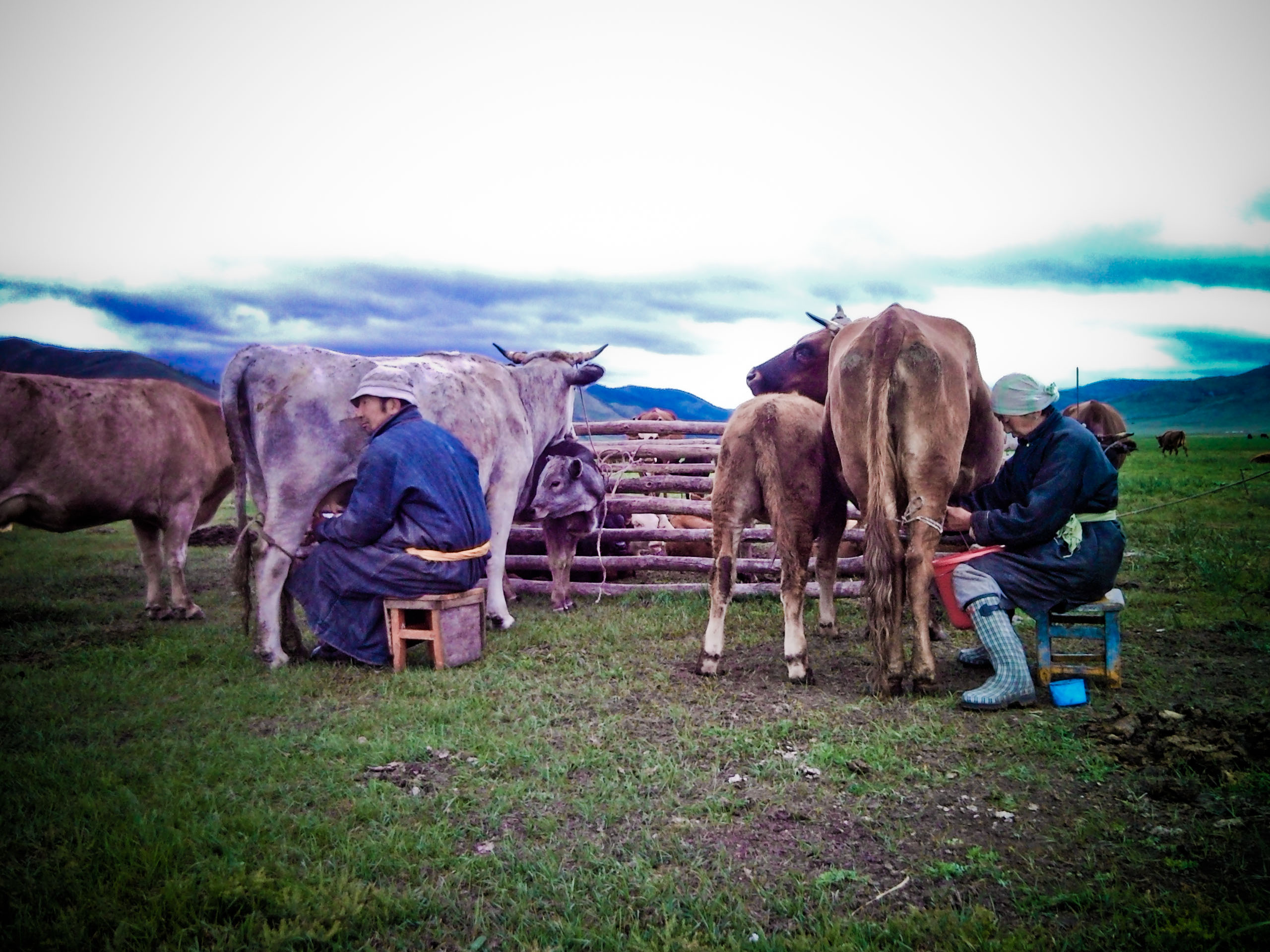
 “Mendee, you’re Asian, why you’re eating like Western people?” I yelled at Mendee, my driver who kept eating bread in every meal including those typical Asian: instant noodles and rice. “You eat like Russian.” “Yes, it’s because of Russian influence,” Gambar, the guide, replied.
“Mendee, you’re Asian, why you’re eating like Western people?” I yelled at Mendee, my driver who kept eating bread in every meal including those typical Asian: instant noodles and rice. “You eat like Russian.” “Yes, it’s because of Russian influence,” Gambar, the guide, replied.
At first, I automatically assumed that Mongolia was more similar to China because they were both Asian countries and had years of assimilation. Their facial features are similar though Mongolians have more slanted eyes and rounder, puffier faces. They both use chop-stick. They eat instant noodle. They are both traditional and dictated by rules and traditional beliefs.
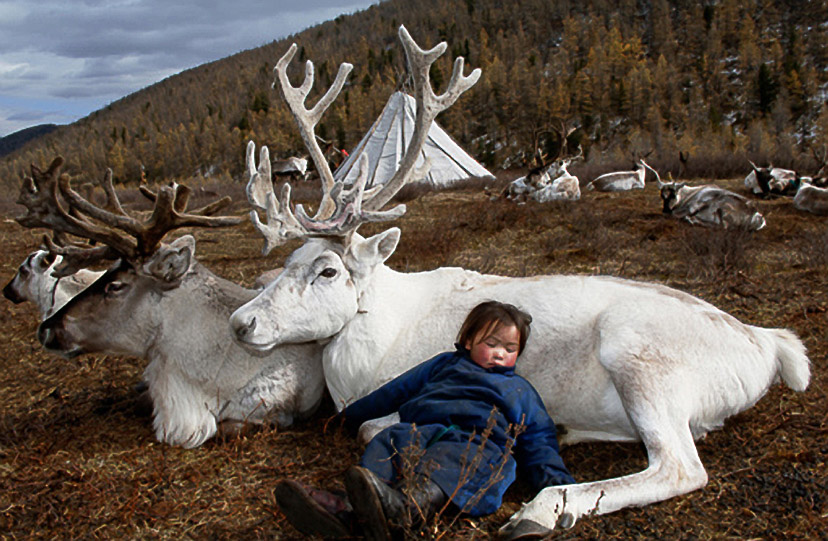

“If you can dream – and not make dreams your master; / If you can think – and not make thoughts your aim;” (Rudyard Kipling 9-10).
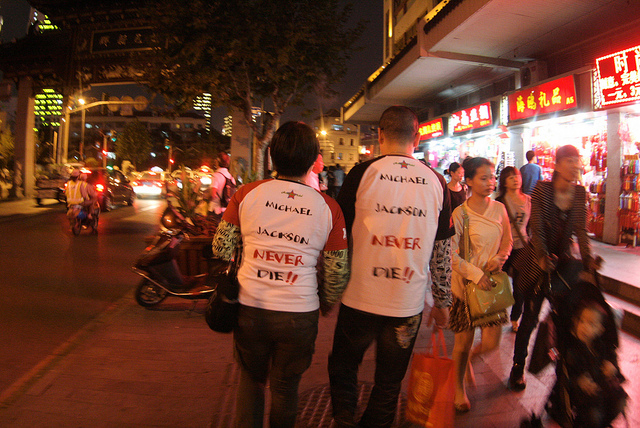
What happens if if one billion Chinese jump at the same time? You should ask what if one billion Chinese talk at the same time.
I don’t want to find out. Everyone talked in China. That wasn’t the end of it. More than chit chat, they produced noises.
I love big cities. I can’t imagine living in the countryside, waking up and falling asleep to the sounds of roosters and crickets. I love the sounds and the fast pace of big cities. But I seriously doubted it after coming to China and listening or being forced to listen to an entire population who couldn’t stop talking.